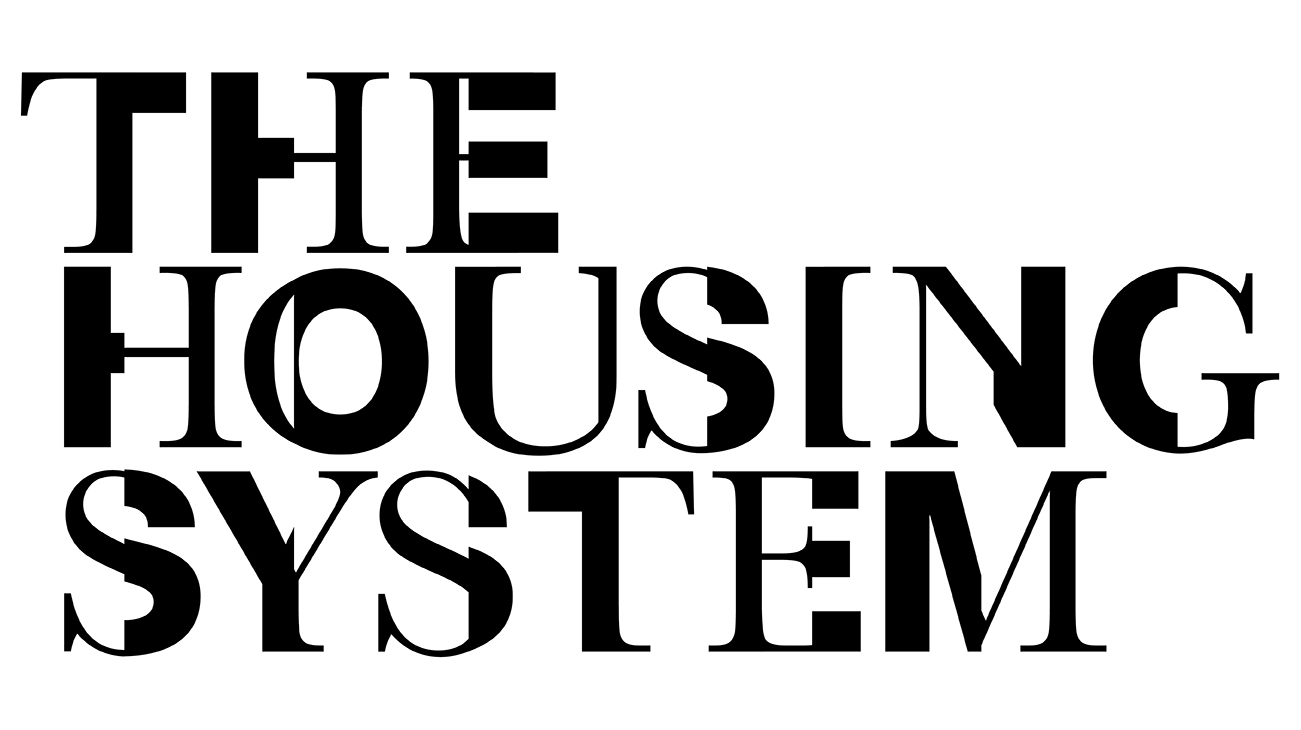This event is part of a spring 2019 series called The Housing System.
In pricey cities, “affordable” has come to mean “small.” Living small has a long history in New York, from SROs to dividing apartments with makeshift walls, and contemporary micro-units are a logical response to lack of available building sites and demand for more variety of housing types. The form has come to be perceived as a panacea for addressing affordability and availability of housing, particularly for two parts of the demand spectrum: relatively affluent young professionals and formerly homeless individuals. But who benefits?
This event will bring into focus questions about the value and purposes of small dwellings, including what effects they have on their tenants, how they fit into the life cycles of residents and neighborhoods, and whether they normalize high costs and housing insecurity. From the perspectives of history, policy, environmental psychology, and architecture, we’ll explore how the ways we live are shifting, either out of choice or necessity.
Participants
Andrew Bernheimer FAIA is a Brooklyn-based architect and assistant professor of architecture at the Parsons School of Design. Bernheimer leads an eponymous firm responsible for a wide variety of residential, civic, and cultural projects, including new multi-unit affordable housing developments across the five boroughs. He edited Timber in the City, a book featuring innovative practices in wood construction published by ORO Editions. Bernheimer sits on the advisory board of the Institute for Public Architecture, is a member of the Van Alen Institute’s Program Council, and is a fellow in the Forum for Urban Design. Previously, Bernheimer was a founding partner of the award-winning firm Della Valle Bernheimer.
Jonah Coe-Scharff is a writer and designer whose work explores the politics of architectural and urban form. From 2014 to 2016 he was a Paul Mellon Fellow at Clare College, Cambridge, where his research focused on histories of housing reform and urban social theory in the United States in the first half of the twentieth century. He is currently an M.Arch. candidate at Princeton School of Architecture and serves on the editorial board of Pidgin.
Miriam Peterson is a principal at Peterson Rich Office, an interdisciplinary design studio based in Gowanus, Brooklyn. In 2018, Peterson Rich Office was awarded the New Practice New York prize by AIA New York and was named to the Design Vanguard by Architectural Record magazine. Miriam was recently named the inaugural Richard Kaplan Co-Chair for Regional Design at the Regional Plan Association, where she will be providing design support on a study of the New York City Housing Authority. She currently teaches at Yale University.
Susan Saegert is a professor of environmental psychology, social psychology, and geography at the Graduate Center of the City University of New York. She directs the Housing Environments Research Group, which works in partnership with community organizations and coalitions to improve distressed housing and neighborhoods. Her recent research concerns homeowners’ experiences of the foreclosure crisis; housing and health; and democratically controlled collective ownership, especially community land trusts. Her earlier research looked at the effects of crowding on well-being and child development. She has been interviewed on and spoken publicly about tiny houses, micro apartments, and the psychological and social aspects of high-density housing.
William Stein FAIA is a senior consulting principal of Dattner Architects. His work exemplifies architecture in service to society, responding to community visions with high-quality design. Bill has been responsible for a wide range of housing, education, cultural, and transportation projects in NYC. Notable projects include sustainable, affordable housing such as Via Verde in the South Bronx, Dinkins Gardens in Harlem, and the Caesura in Brooklyn. He is a fellow of the American Institute of Architects and a past president of the Center for Architecture Foundation. He serves on the board of the Citizens Housing and Planning Council and the advisory board of the NY Housing Conference. Bill has served as a committee chair for NYC’s Model Building Code Program through three cycles of code revisions.
Jessica Yager is the vice president of policy and planning at Win (Women in Need), the largest provider of family shelter in New York City. At Win, Jessica leads the policy and research/evaluation teams. Prior to joining Win, Jessica was the executive director of the NYU Furman Center, a leading policy research center focused on affordable housing, where she worked on numerous research, data, and policy projects related to affordable housing, land use, and urban policy. Prior to joining the NYU Furman Center, Jessica was the founding director of the Foreclosure Prevention Project at Queens Legal Services. She has also worked at the Office of the Appellate Defender, the Center for Social Justice at Seton Hall University School of Law, and as a law clerk to the Honorable Napoleon A. Jones, Jr., United States District Court for the Southern District of California.
Support
Architectural League programs are supported, in part, by public funds from the New York State Council on the Arts with the support of Governor Andrew Cuomo. This program is also supported by the J. Clawson Mills Fund of The Architectural League.

Explore
A conversation with Mark Willis
An interview with the former Deputy Commissioner for Development at NYC Housing Preservation and Development, who was instrumental in organizing Vacant Lots.
GoHome: Shared housing tried and tested
A design study assesses the distribution of micro-units in residential high-rises to provide more rentable space.
May 9, 2013
New models for modular housing
A panel of architects will discuss the latest innovations in the design of modular multi-unit housing.

